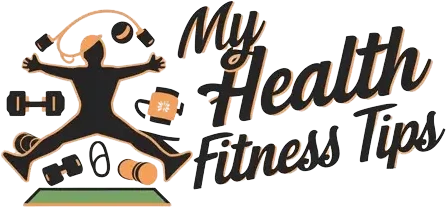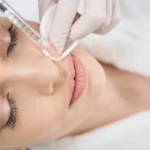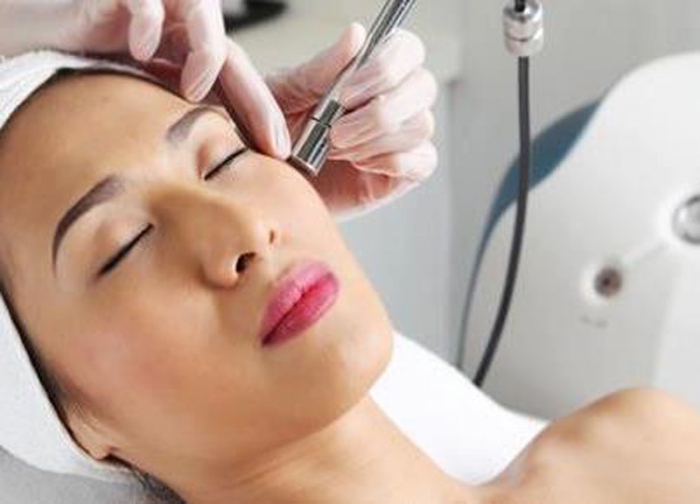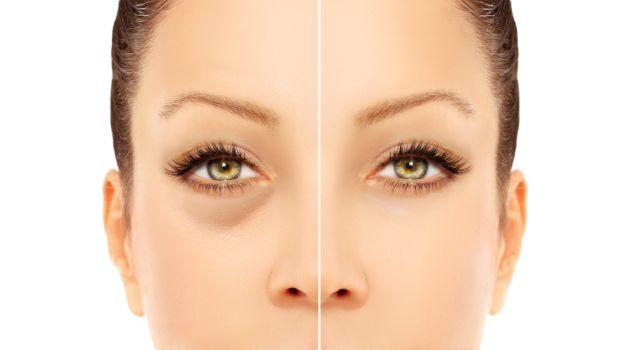In 2018 the theme of skincare was nothing more than creating and maintaining a routine of skin care, guaranteed its absolute position in the beauty universe and consolidated some trends – by 2019 the personalized skincare keeps up with even more news, technology and strength.
So, set the mood, put on some relaxing music and go to the mirror to test the news that awaits you, all in the name of personalized skincare.
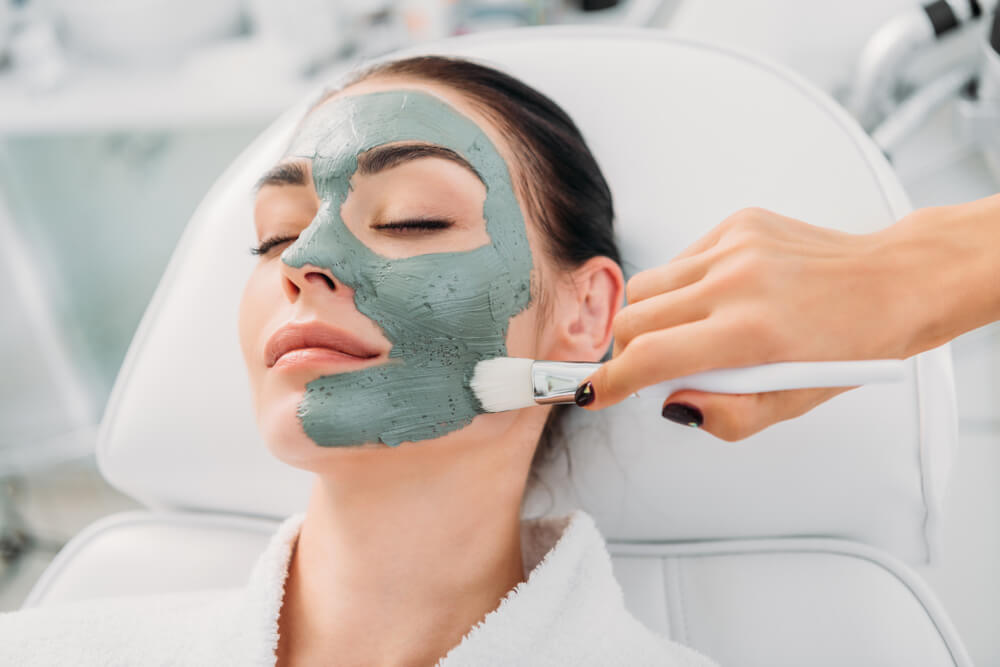
- Glass skin – A clean and naturally glowing skin
The trend has a lot of influence from Korean girls, and their care routines with about seven steps a day. However, achieving the effect of glass skin includes using cleansing foundation followed by the use of active serum and moisturizers.
- Less tanning, more sun protection
Following the above trend of maintaining naturally luminous skin, women of younger generations are also more aware, giving more importance to protecting their skin from the possible negative effects caused by exposure to sunlight and other radiation.
- Special attention to the eye region
Eye area skin is the most fragile and delicate on the face, and it is in this region that the first signs of aging begin to appear. There are the creams and products made especially for the eye area as another strong current trend.
- Products with technology that fights the effects of pollution
With pollution and climate in mind, and in order to protect the face from reactions caused by these agents, another tendency to keep an eye on is that of anti-pollution products, which promise to hit hard, especially on store shelves in large cities.
- Face masks
If you have not yet adopted the fashion, start by applying on one of those days when you feel your face has a different texture than usual. And then go with the habit (which is relaxing!) in the routine, but carefully.
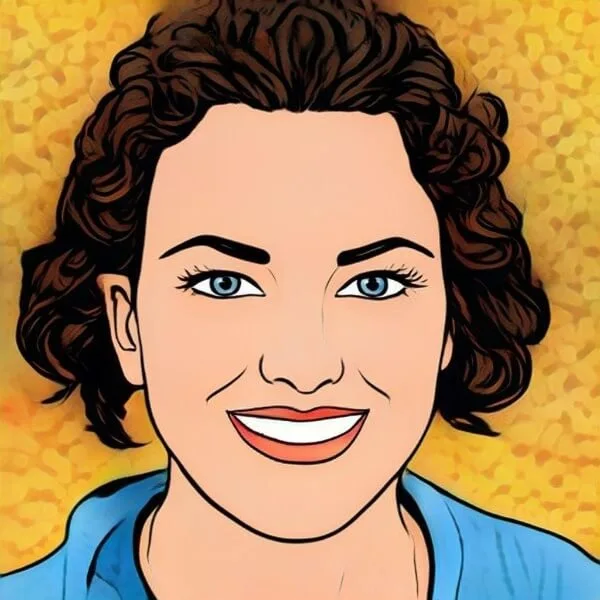
Alina Smith is a health blog author with an interest in the intersection of wellness and mental health. She’s worked as a writer, editor, and communications specialist for various healthcare organizations. Alina has also led projects to improve access to care for underserved populations in both rural and urban settings.
